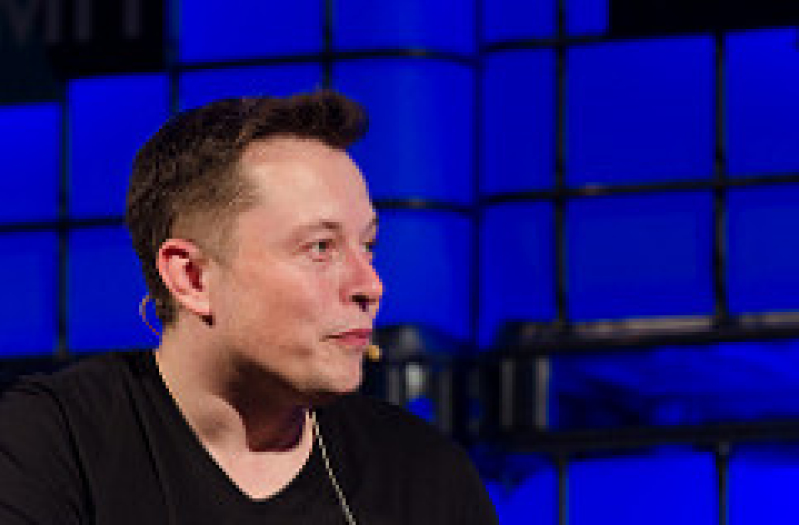
The country of Australia is huge -- and there is plenty of wildlife and nature to appreciate, although like what Kevin Hart (the comedian) has discovered for himself, everything in Australia is able to kill you, no matter how cute it looks. Not only that, something more serious is at hand here -- Australia is just months away from experiencing a major energy crisis. The Australian Broadcasting Corporation claims that by the time next summer arrives, there might actually be insufficient amount of electricity to power all of the homes and businesses in South Australia. Tesla CEO, Elon Musk, has something to say about the situation for sure.
Musk and his cousin Lyndon Rive, where the latter was the the CEO of SolarCity, a company that the former’s Tesla picked up recently, has promised to go about installing 100 to 300 megawatt hours of batteries that are touted to be the solution to this potential energy crisis. To sweeten the deal in a move that will certainly entice the gambling nature of humanity, Musk claims that his company is able to get the installation job done within a 100 day timeframe. Assuming Musk’s team fails to meet the deadline, then it would mean that the entire installation bill will be waived. What is there to lose for South Australia, right?
@mcannonbrookes Tesla will get the system installed and working 100 days from contract signature or it is free. That serious enough for you?
— Elon Musk (@elonmusk) March 10, 2017
With Elon Musk having a status which is somewhat similar to that of a celebrity, many people were taken by surprise that Australia, in particular over in the south, would be facing such an energy crisis in the future. A Bloomberg report did mention that South Australia suffered from a blackout in September last year, which was attributed to a storm that resulted in a transmission failure.
Australia’s prime minister, Malcom Turnbull, claimed that the blackout was traced to the country making a quantum leap when it comes to using renewable power such as solar and wind in order to generate up to 40 percent of the country's power generation capabilities. Renewable energy is a hot potato in Australia, especially after Australia came up with a tax on carbon under the auspices of the previous prime minister, Tony Abbot. Turnbull's win in the 2013 elections saw the tax on carbon being abolished, reducing the targets where the amount of energy drawn from wind and solar by 2020 are concerned.
Naturally, some Australians are wondering whether the reliance on renewable energies are the cause of such power cuts and blackouts. South Australia Premier Jay Weatherill does not think so, and is more than happy to welcome Elon Musk to back up his claim, citing that he is "looking forward" to meeting up with Musk in order to evaluate and discuss the proposal.
It would certainly be a watershed event if Musk’s idea were to be taken into consideration, and more importantly, executed well so that South Australia will have juice to use by the time summer of 2018 rolls around. From there, it is only a matter of time before other places might be interested to see what Musk has to offer with his batteries, making the 100-day installation period a crucial marketing point for Musk.







